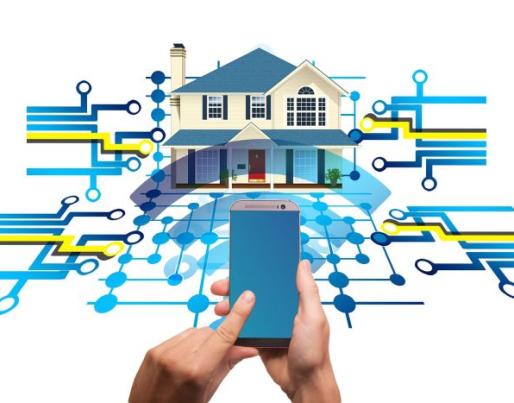
The importance of securing smart meters

The importance of securing smart meters
The implementation of smart meters and thus of smart buildings has become more and more important in the policy agenda. This type of technology allows the end-users to make informed decisions about their own energy consumption, and it also helps utilities and building managers to make best decision on energy demand and when to scale services.
Smart meters have become more important over recent years. In an environment where climate change and sustainability have never been higher on the agenda, smart meters allow individuals and organisations alike to get a better sense of energy consumption. The data and insights they generate allow end-users to make more informed decisions about their own energy consumption (something that has become vital among the current cost of living crisis).
In addition, it can help utilities and smart grid managers better make data driven decisions about energy demand, best energy mix and when to scale services.The EU aims to guarantee accessible, affordable, secure, and sustainable energy for all Europeans and to be climate neutral by 2050. A large roll-out of smart meters is part of that drive, with the European Commission predicting that 266 million smart meters will be installed by 2030.
That said, while the benefits of smart meters are evident and numerous, they may also pose a serious cyber security threat if robust security features have not been built in.
In this blog we’ll be looking at what utilities and smart meter vendors alike can do to secure the industry from cybersecurity risks.
Cybersecurity risks
As with any connected technology, despite carrying huge benefits, smart meters can also pose opportunities for hackers.
If we look at the individual consumer implications of a hacked smart meter – hackers could get access to private consumption data and household habits, as well as other devices connected to the same network. Beyond data privacy breaches, hackers can also manipulate data and readings – causing consumers to make decisions against their best interests. Not only this, but consumers will also lose trust in the technology which could ultimately lead to resistance to smart meter deployments.
Read the full article here.

